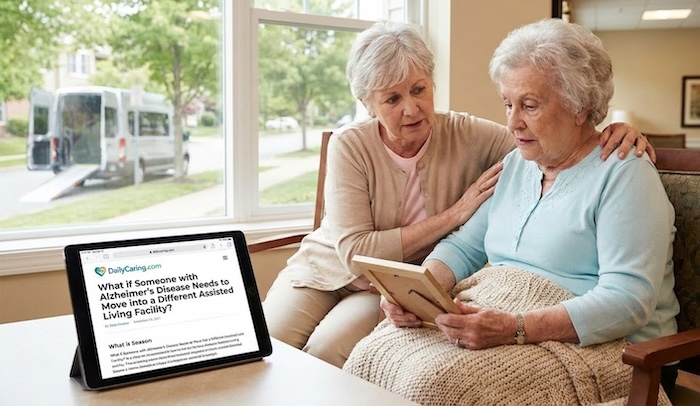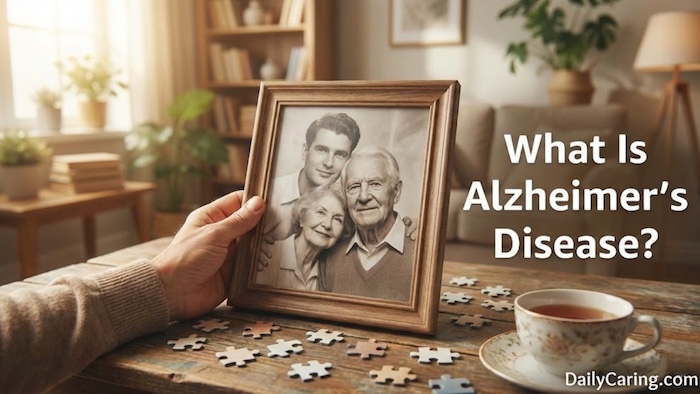When an aging loved one starts to forget names, misplace keys, or seem confused, it’s natural to worry and wonder: Is it Alzheimer’s or dementia? These terms are often used interchangeably, leading to widespread confusion at a time when clarity matters most. While deeply connected, understanding the crucial difference between them is the essential first step in navigating diagnosis, care, and future…




















